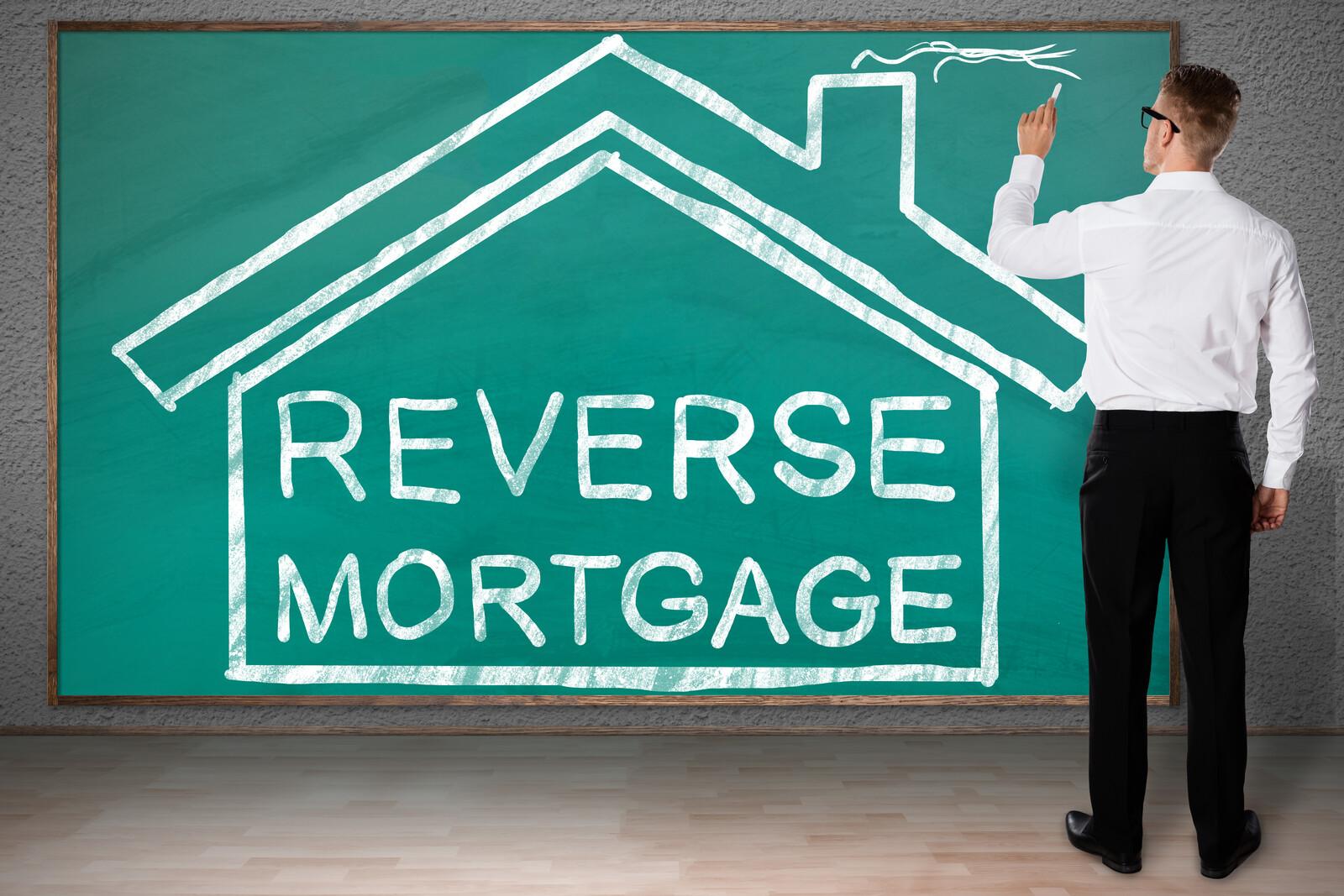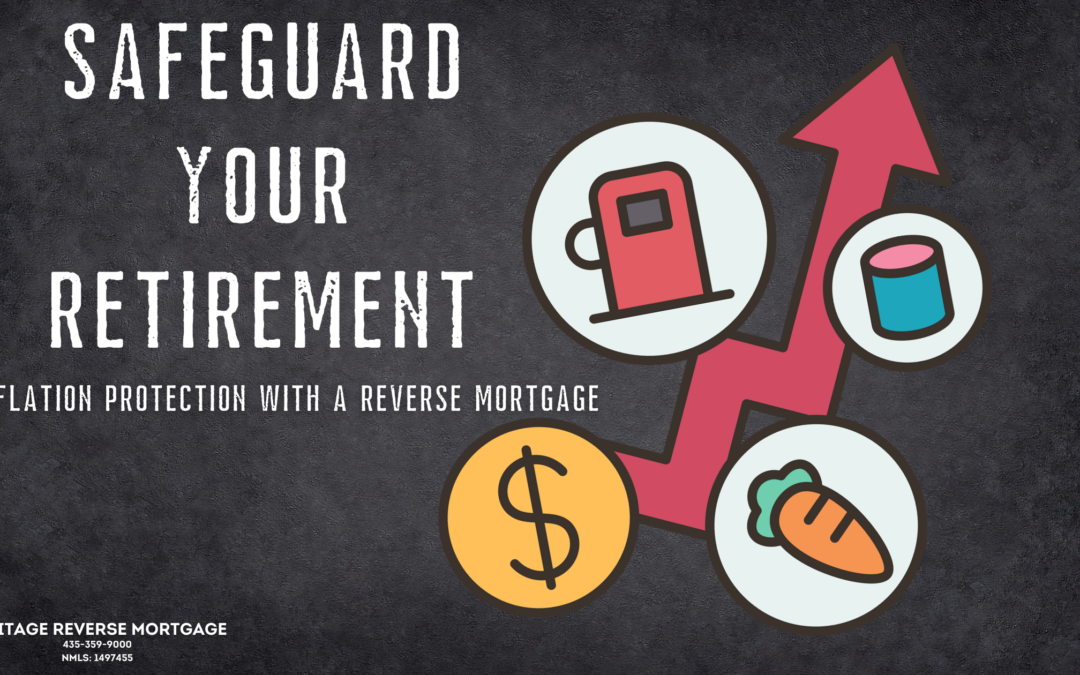Expert Tips on How to Purchase Reverse Mortgage for Better Financial Stability
Expert Tips on How to Purchase Reverse Mortgage for Better Financial Stability
Blog Article
Empower Your Retired Life: The Smart Way to Acquisition a Reverse Home Loan
As retired life strategies, many people look for efficient methods to improve their monetary independence and well-being. Among these approaches, a reverse mortgage arises as a practical option for property owners aged 62 and older, permitting them to tap into their home equity without the requirement of monthly settlements. While this financial device uses numerous benefits, consisting of enhanced cash flow and the possible to cover vital expenses, it is important to understand the intricacies of the application procedure and key factors to consider included. The following steps might expose just how you can make an educated decision that might substantially affect your retired life years.
Recognizing Reverse Mortgages
Recognizing reverse home mortgages can be vital for property owners seeking financial adaptability in retired life. A reverse home mortgage is an economic product that allows qualified house owners, normally aged 62 and older, to convert a part of their home equity right into money. Unlike conventional home loans, where borrowers make month-to-month settlements to a lender, reverse mortgages make it possible for house owners to get settlements or a swelling amount while maintaining possession of their residential property.
The amount available through a reverse home mortgage relies on a number of factors, consisting of the property owner's age, the home's value, and existing rates of interest. Importantly, the loan does not need to be paid off until the property owner offers the home, leaves, or dies.
It is vital for potential debtors to recognize the ramifications of this monetary product, consisting of the effect on estate inheritance, tax considerations, and continuous responsibilities connected to residential property maintenance, taxes, and insurance. Furthermore, counseling sessions with licensed professionals are often needed to ensure that customers fully comprehend the conditions of the funding. On the whole, a thorough understanding of reverse home mortgages can encourage home owners to make informed choices regarding their financial future in retirement.
Benefits of a Reverse Home Loan
A reverse mortgage provides numerous engaging advantages for qualified house owners, especially those in retirement. This monetary tool permits elders to convert a section of their home equity right into cash, providing essential funds without the demand for regular monthly mortgage repayments. The money obtained can be utilized for various functions, such as covering clinical expenses, making home improvements, or supplementing retired life revenue, hence boosting total financial adaptability.
One substantial benefit of a reverse mortgage is that it does not call for payment till the property owner moves out, offers the home, or dies - purchase reverse mortgage. This function enables retired people to preserve their way of living and satisfy unforeseen costs without the worry of month-to-month repayments. Furthermore, the funds gotten are commonly tax-free, allowing property owners to use their cash money without worry of tax obligation ramifications
In addition, a reverse home mortgage can offer satisfaction, recognizing that it can function as an economic safeguard during challenging times. Homeowners likewise preserve ownership of their homes, ensuring they can continue staying in an acquainted environment. Ultimately, a reverse home mortgage can be a calculated funds, encouraging retirees to handle their financial resources effectively while enjoying their gold years.
The Application Refine
Browsing the application process for a reverse home loan is an essential action for homeowners considering this financial choice. The first stage includes evaluating qualification, which commonly calls for the home owner to be a minimum of 62 years old, own the residential or commercial property outright or have a low home loan balance, and inhabit the home as their primary residence.
When qualification is verified, property owners need to go through a therapy session with a HUD-approved counselor. This session guarantees that they completely comprehend the effects of a reverse mortgage, consisting of the responsibilities entailed. purchase reverse mortgage. After finishing therapy, candidates can continue to collect necessary paperwork, including proof of income, assets, and the home's value
The next step entails sending an application to a lender, who will analyze the economic and building certifications. An appraisal of the home will likewise be carried out to determine its market worth. If accepted, the loan provider will provide lending terms, which need to be examined thoroughly.
Upon acceptance, the closing process complies with, where final files are signed, and funds are disbursed. Recognizing each phase of this application procedure can considerably improve the house owner's self-confidence and decision-making concerning reverse home mortgages.

Trick Considerations Before Acquiring
Buying a reverse mortgage is a significant economic decision that requires mindful factor to consider of numerous essential variables. Reviewing your monetary requirements and objectives is equally crucial; figure out whether a reverse mortgage aligns with your long-lasting strategies.

Moreover, evaluate the effect on your current lifestyle. A reverse home mortgage can affect your qualification for sure federal government advantages, such as Medicaid. Finally, look for expert advice. Consulting with an economic consultant or a real estate counselor can offer beneficial understandings tailored to your specific circumstances. By thoroughly examining these factors to consider, you can make a more enlightened decision about whether a reverse home mortgage is the ideal economic approach for your retired life.
Maximizing Your Funds
Once you have protected a reverse mortgage, effectively managing the funds becomes a concern. The versatility of a reverse mortgage enables homeowners to use the funds in different means, however tactical preparation is vital to maximize their benefits.
One vital approach is to develop a budget that outlines your month-to-month costs and financial goals. By recognizing required expenditures such as medical care, real estate tax, and home upkeep, you can allocate funds accordingly to make certain long-term sustainability. In addition, think about utilizing a portion of the funds for financial investments that can produce earnings or value with time, such as dividend-paying supplies or mutual funds.
Another essential element is to keep a reserve. Alloting a get pop over here from your reverse mortgage can aid cover unanticipated expenses, offering peace of mind and monetary security. Seek advice from with a monetary consultant to check out possible tax obligation implications and exactly how to integrate reverse home mortgage funds into your overall retirement strategy.
Eventually, sensible administration of reverse mortgage funds can enhance your financial protection, permitting you to appreciate your retirement years without the stress and anxiety of monetary uncertainty. Careful planning and educated decision-making will certainly make sure that your funds work efficiently for you.
Conclusion
To conclude, a reverse home loan provides a practical financial approach for elders seeking to enhance their retirement experience. By transforming home equity into accessible funds, people can deal with vital costs and safe extra funds without sustaining month-to-month settlements. Careful consideration of the linked terms and ramifications is vital to take full advantage of advantages. Inevitably, leveraging this monetary device can promote greater independence and enhance general quality of life throughout retirement years.
Comprehending reverse home mortgages can be important for check these guys out home owners seeking economic versatility in retired life. A reverse home mortgage is a financial product that enables eligible home owners, official source generally aged 62 and older, to transform a portion of their home equity right into cash. Unlike traditional mortgages, where consumers make monthly repayments to a lending institution, reverse mortgages make it possible for homeowners to get repayments or a swelling sum while retaining ownership of their residential property.
Generally, a complete understanding of reverse home loans can equip homeowners to make informed choices regarding their monetary future in retired life.
Consult with a financial consultant to check out possible tax implications and how to integrate reverse mortgage funds right into your total retirement approach.
Report this page